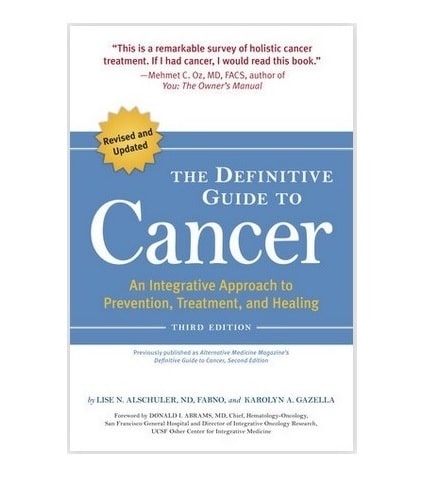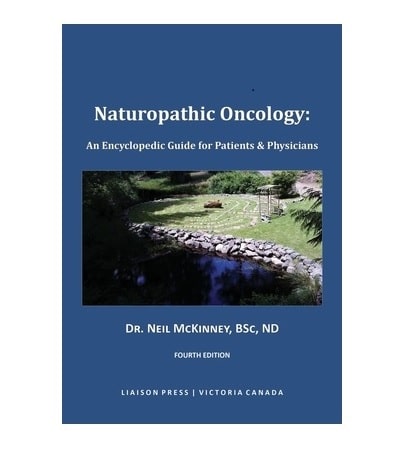Extracts from this woody plant are injected or infused for cancer treatment. Studies show benefits in reducing various side effects and improving survival.
How do experts use mistletoe?
Both medical groups and integrative experts provide recommendations for mistletoe in treating people with cancer. Learn more about the approaches and meanings of recommendations: Integrative Oncology Programs and Expert Guidelines ›
Clinical practice guidelines
After cancer treatment: no recommendation for or against mistletoe to reduce the severity of cancer-related fatigue
These 2017 guidelines regarding breast cancer patients provide these statements regarding mistletoe:
- Can be considered for improving quality of life in those with breast cancer
- Insufficient evidence for use for neutropeniaan abnormally low number of neutrophils in the blood, leading to increased susceptibility to infection/leukopeniaan abnormally low number of white cells in the blood, leading to increased susceptibility to infection
Published protocols, programs, and approaches
Mistletoe is used in programs, approaches, and protocolsa package of therapies combining and preferably integrating various therapies and practices into a cohesive design for care from these integrative oncologists, drawing from both scientific research and observations from years or even decades of treating people with cancer.
Lise Alschuler, ND, FABNO, and Karolyn Gazella
Alschuler LN, Gazella KA. The Definitive Guide to Cancer, 3rd Edition: An Integrative Approach to Prevention, Treatment, and Healing. Berkeley, California: Celestial Arts. 2010.
Alschuler LN, Gazella KA. The Definitive Guide to Thriving after Cancer: A Five-Step Integrative Plan to Reduce the Risk of Recurrence and Build Lifelong Health. Berkeley, California: Ten Speed Press. 2013.
Approaches are described for certain cancer types, or along with certain conventional therapy treatments, or for particular conditions such as insulin resistance.
Uses of mistletoe:
- Bladder cancer
- Breast cancer
- Colorectal cancer
- Leukemia
- Lymphoma
- Myeloma
- Pancreatic cancer
Neil McKinney, BSc, ND
McKinney N. Naturopathic Oncology, Fourth Edition. Victoria, BC, Canada: Liaison Press. 2020.
This book includes descriptions and uses of many natural and complementary protocols for cancer in general and for specific cancers. It also includes information on integrative support during conventional cancer treatment.
Dr. McKinney points out that the type of mistletoe you use is important: Helixor type A or P or Iscador type P, etc. He distinguishes which type he uses with different cancer types.
Uses of mistletoe:
- Brain cancer (noting that the type of mistletoe in this setting is very important, as some can cause brain swelling and inflammation)
- Bladder cancer
- Head and neck cancer (but not if a tumor is in a confined space)
- Leukemia
- Melanoma
- Myeloma
- Renal cancer
- Sarcoma (osteo-muscular)
Gurdev Parmar, ND, FABNO, and Tina Kaczor, ND, FABNO
Parmar G, Kaczor T. Textbook of Naturopathic Oncology: A Desktop Guide of Integrative Cancer Care. 1st edition. Medicatrix Holdings Ltd. 2020.
This book provides information on the treatment of 24 cancers, plus the most effective treatments of the most common symptoms affecting cancer patients while they undergo chemotherapy, radiotherapy, or surgery.
Other expert assessments or authorizations
Donald Abrams, MD, and Andrew Weil, MD
This 2014 book by integrative medicine experts and CancerChoices advisors states that mistletoe is used as part of an anthroposophic medicine approach to oncology care for improving quality of life as well as promoting tumor remission and better survival with some uses.
Moss Reports
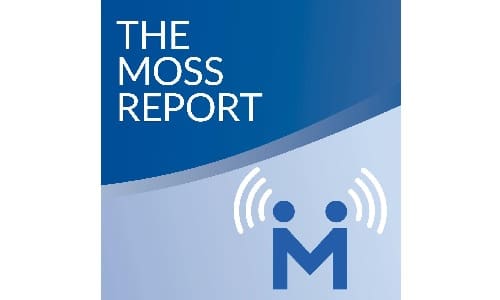
Subscription required
The Moss Reports conclude that mistletoe has anticancer properties.
Traditional medicine
Mistletoe is used in traditional Chinese medicine and traditional Korean medicine.2dela Cruz JF, Kim YS, Lumbera WM, Hwang SG. Viscum album var hot water extract mediates anti-cancer effects through G1 phase cell cycle arrest in SK-Hep1 human hepatocarcinoma cells. Asian Pacific Journal of Cancer Prevention. 2015;16(15):6417-21.
Learn more about traditional medicine and how to find practitioners: Finding Integrative Oncologists and Other Practitioners ›
Dosing
Dosage has not been standardized for use in cancer care, but recommendations are available from these sources.
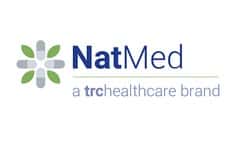
Subscription required
See the studies cited in How can mistletoe help you? What the research says › for doses used in clinical trials.
General information about dosing
Find general dosing guidelines regarding natural products and supplements in Dosing Guidelines ›
Expert commentary
According to CancerChoices advisor Gunver Kienle, MD, about half of all cancer patients in Germany use mistletoe. Breast cancer patients represent more than half of those using it. Anyone can purchase it in the pharmacy, but Dr. Kienle says having a doctor to prescribe and monitor it is much better. About half of doctors prescribe it and appreciate it. Some physicians are very experienced and knowledgeable, using very sophisticated methods of applying mistletoe, such as directly injected into the tumor, or by intravenous (IV) administration. According to Dr. Kienle, “High-dose IV or intralesional use is considered off-label and should be restricted to and monitored by experienced physicians.”3Abrams DI, Weil AT. Integrative Oncology, 2nd Edition. New York, NY: Oxford University Press. 2014, p. 576.
Helpful links
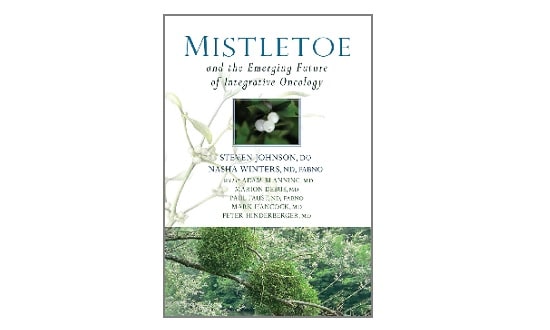
Mistletoe Therapy Webinar from Believe Big
Play videoReferences


